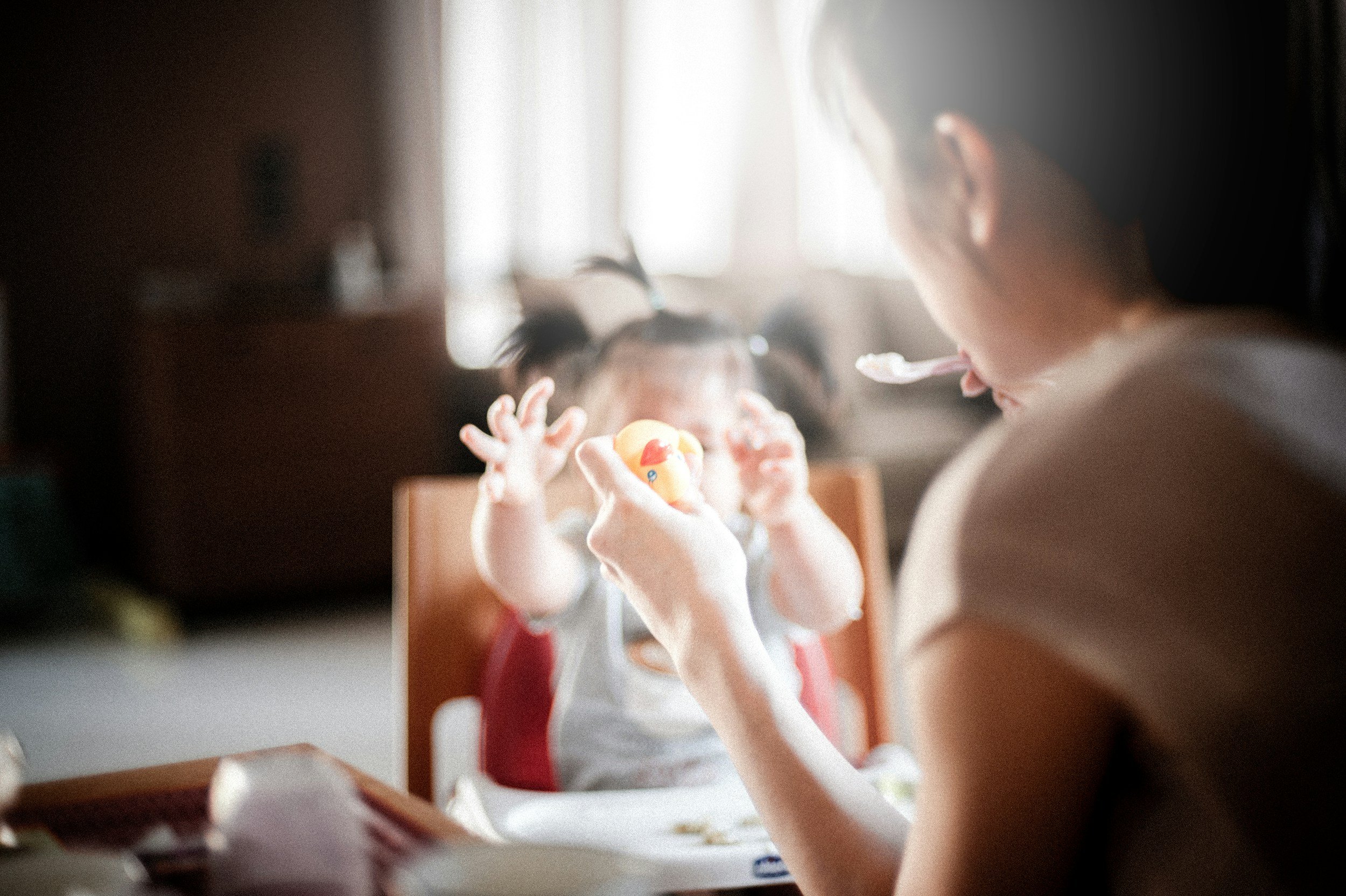

What Is Moderate Depression?
If you had to guess what one of the most common mental disorders in the United States is, what would you say? Believe it or not, the answer is depression.

Let’s Get Real about Youth Suicide
Homework. The latest TikTok trend. Do my friends like me? These are just a few of the thoughts we expect to occupy most young people’s minds today. However, according to the CDC about 20% of high school students are having thoughts about suicide and about 9% reported an actual attempt.

Overcoming Depression: Finding Hope and Healing Through Counseling
Depression is a common mental health condition that affects millions of people worldwide. It can be an overwhelming and isolating experience, but it's important to remember that help and support are available.
Counseling, in particular, can play a vital role in the journey of depression recovery and overcoming the weight of this issue.

First Time Parenting & Your Mental Health
Whether your have been preparing for several years to be a parent or you were caught by surprise, first time parenting can be intimidating. You may not know what to expect because every one may be telling you different things. You may have been told conflicting things like infancy is exhausting or that it’s the easiest stage since all they do is sleep. One thing is for certain: you’re overwhelmed with love and other emotions

Alcohol Awareness Month
Fortunately for us, April is National Alcohol Awareness Month! You may be thinking to yourself, “Okay, I understand what alcohol is, why do we need a whole month recognizing what it’s all about?” Well, when we think about alcohol in terms of how it interacts with our society, relationships, health, and processing—we would probably still be talking beyond the month of April.
